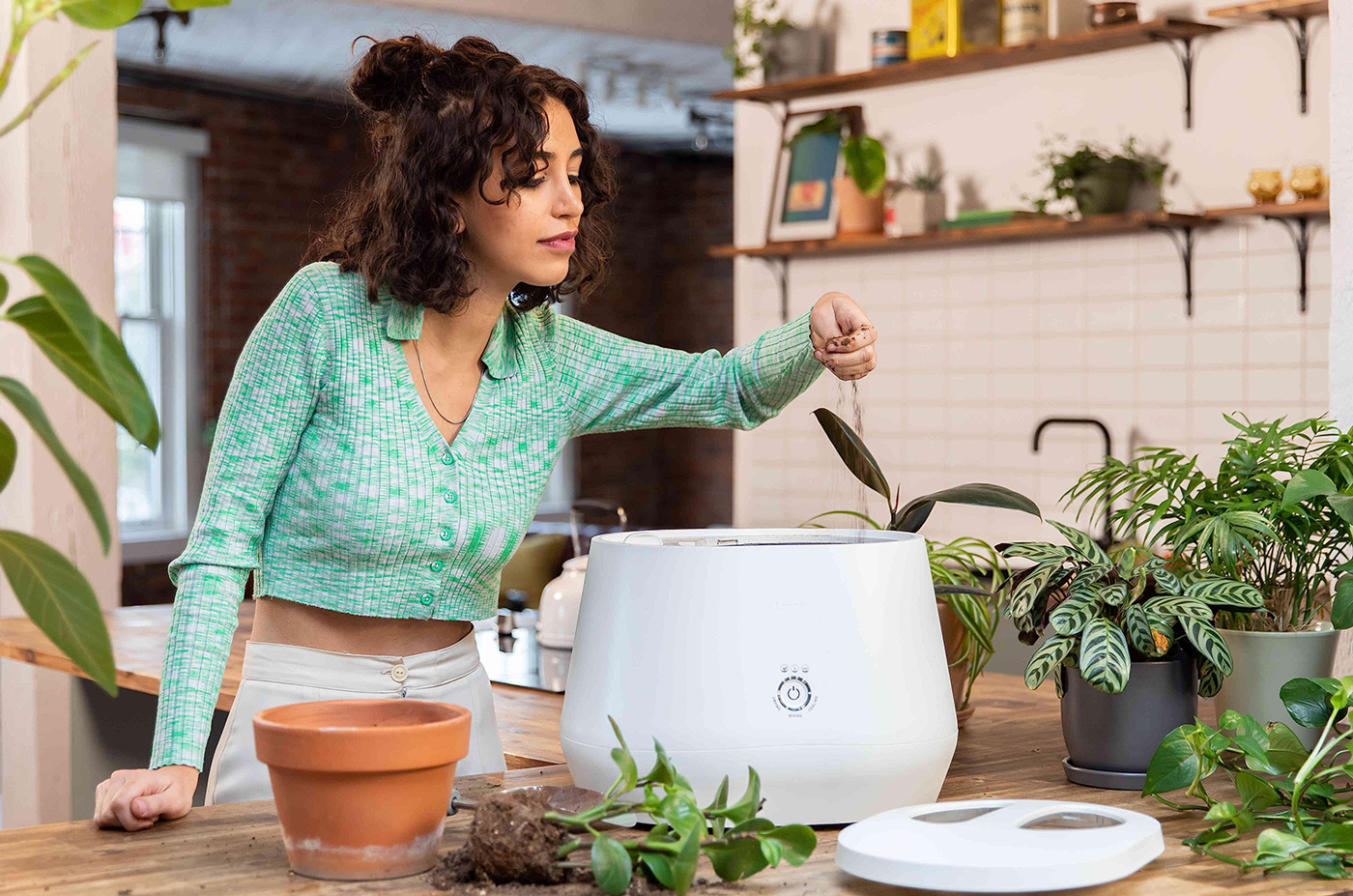
The Future of Composting: Smart Bins to Monitor and Minimize Waste
- foodfightadmin
- May 3, 2023
- Food Waste, Hunger In America
- rsc pages, rscl
- 0 Comments
In a groundbreaking initiative, Oregon State University-Cascades researcher Patrick Donnelly has secured funding to lead the development of a smart compost bin capable of monitoring and tracking household food waste. With more than one-third of all food produced in the United States going uneaten, Donnelly aims to address this staggering issue through innovative technology.
Donnelly, an assistant professor of computer science at OSU College of Engineering, highlighted the disparity in tracking food waste along the agricultural supply chain versus post-consumer waste. While food waste is meticulously measured and quantified at every stage of the supply chain, measuring post-consumer waste remains costly, time-consuming, and prone to error. To bridge this gap, Donnelly, along with OSU colleagues Jason Clark and Quincy Clark, plans to create a kitchen compost container that automatically measures household food waste, revolutionizing waste management and analysis.
The design of the smart compost bin will be based on commonly distributed compost bins used by waste utilities. When users dispose of food waste in the bin, the device will prompt them to describe the items deposited. This information will be transcribed using automatic speech recognition and associated with a weight measurement of the items. Additionally, the smart compost bin will capture 3-D images and sensor measurements of the food waste, creating a novel dataset that will empower future researchers to address food waste measurement using computer vision.
The project has received funding of $640,000 from the Foundation for Food & Agriculture Research (FFAR) and the Kroger Co. Zero Hunger | Zero Waste Foundation. In the United States, approximately 37% of food waste occurs in households. The annual value of wasted food in the country exceeds $400 billion, contributing to greenhouse gas emissions.
Donnelly stressed the importance of measuring food waste to effectively manage and reduce it. The goal of the project is to inspire waste reduction by quantifying and tracking the amount of food that consumers send to compost. A small pilot study is planned for spring 2024 to test the technology and collect data, as the team aims to develop a fully autonomous computer vision solution that enables households to track their food waste and drive behavior change over time.
The Foundation for Food & Agriculture Research, established in the 2014 Farm Bill, focuses on increasing public agricultural research investments and addressing knowledge gaps. Through collaboration with the U.S. Department of Agriculture, FFAR matches federal funding with private contributions, fostering partnerships that advance actionable science for the benefit of farmers, consumers, and the environment.







